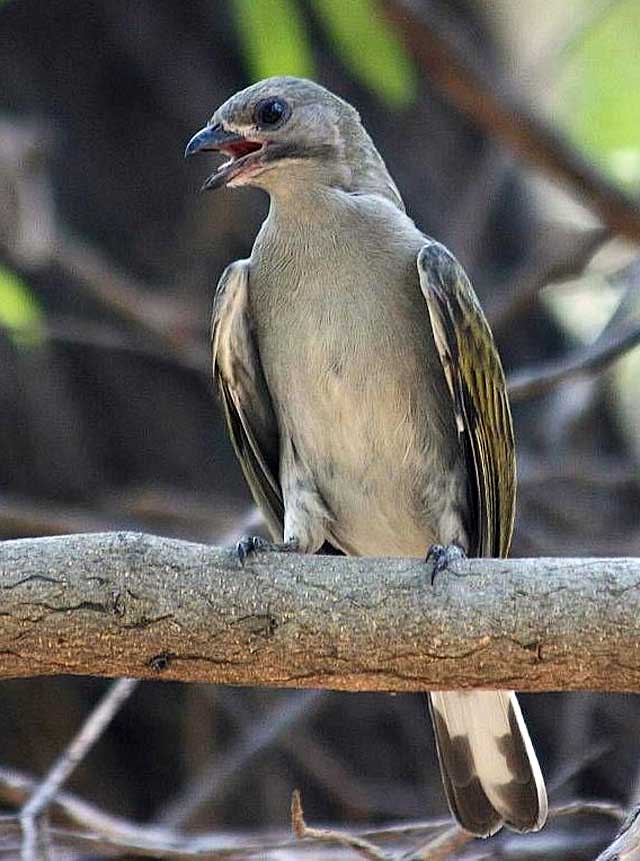Will it be the Day the Kruger Cried?
These are epic days watching.
Kruger tragedy or not, we live here. Counting the dead you loved to see and photograph is no fun. In the 60’s, we watched in hopeless anguish as the 1968 drought worsened and it was said that there would never be another like it! Thankfully that has been true… until now. In that long-ago drought, the smell of dead animals permeated the atmosphere everywhere we walked and flew. Flying over the Drakensberg radar station at over 6,000 feet – 2,000 meters – we first smelled our worst fears for the wildlife down below. When we landed 80 miles -140 km – further on, the world looked like a war zone. And it’s happening again, or can the collective many of our present-day even save this scenario from repeating itself? In those far-off sixties days, few cared for wildlife as compared to today. Then we were helpless because of the lack of concern and ready help. And today how will this end? They say the sense of smell is the most lasting memory.
In May 2015, it was the worst drought since 1992. In January 2016, it was the worst drought in over a century. Two days ago, it’s now the worst drought in living memory…
Drought and Africa have been synonymous for centuries but drought is nonetheless a major disaster, causing untold damage to the environment, communities and the economy of affected countries. The majority of available studies, based on instrumental records, show that droughts have become more frequent, intense and widespread during the last 50 years. Why?
Wildebeest are the toughest grazers and survive many droughts. Not so the buffalo.
Some people say, there is natural selection in droughts with animals. Can someone else please explain how this is genetically possible? The greatest pity, is that droughts don’t play a natural selection with bad management. We love this area and will always do so as before, we will live through the bad times as well, as before. Our wildlife is a major asset of the world, which requires wisdom to manage. A farmer recently said, “If we looked after our animals the way the Kruger does, he would be lynched.”
This Kruger tragedy is best exemplified by the once-beautiful Orpen dam, with its large catchment area reduced to a few mud puddles. One is populated by several large Nile crocodiles – that water is avoided by all but a few storks, herons and waders – able to fly out of danger. The largest pool is packed with desperate hippos, crowded into the fast diminishing water and one shallow puddle too small for crocs is used by all the other thirsty animals.
Let’s say it’s this Kruger tragedy that’s forced me to write the following. This will be the only time you will read me saying this – it’s a nuclear disaster. We are a ‘non-controversy’ website – there are too many parameters at play, one can never know, but we do know this, nature’s no fool, either! Remember, nature never forgives and someone’s playing nuclear with our sea bed.













